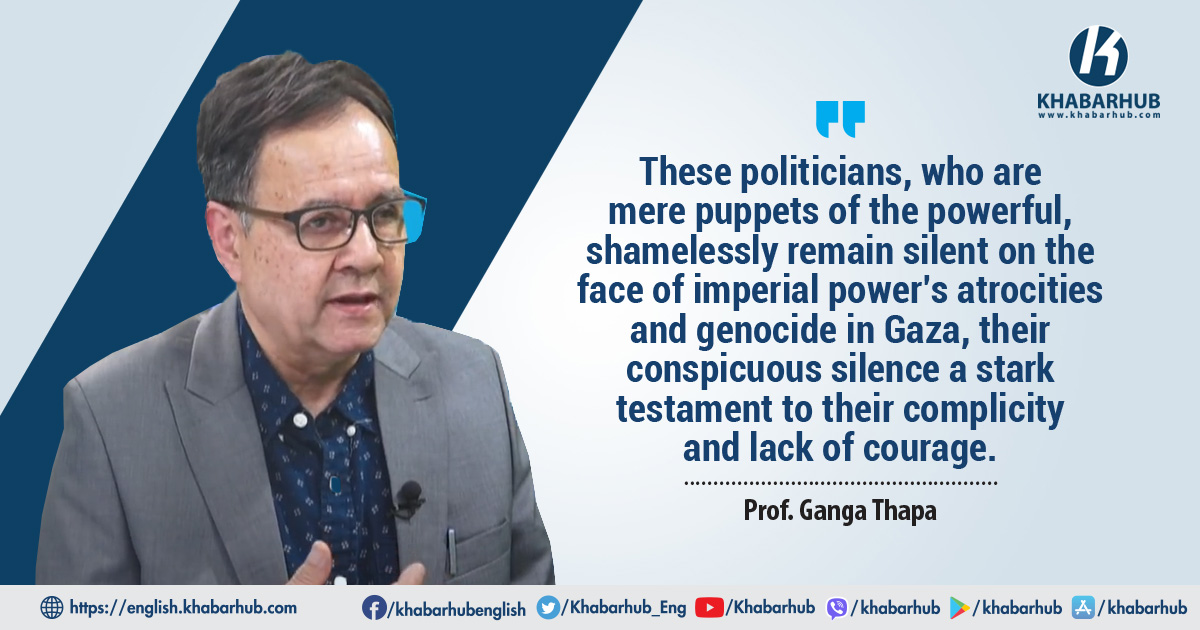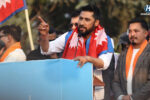A plethora of scholars and analysts contend that Plato’s magnum opus, The Republic, transcends a mere treatise on political theory or the ideal state.
Instead, it may be interpreted as a profound allegory of the human soul, wherein the imaginary community serves as a paradigm to illuminate the path to self-actualization, felicity, and a life well-lived, as astutely observed by Professor Murphy.
Undoubtedly, The Republic is a labyrinthine work, penned during an era when Greece was fragmented into myriad city-states (poleis), each wielding significant influence over its surrounding territory and engaging in a complex web of alliances and conflicts.
Disillusioned with the tumultuous political landscape of his time, Plato envisioned a utopian society governed by philosopher-kings, rather than politicians driven by self-interest.
The Athenian democracies, although rising from egalitarian social and political reforms, were characterized by a restrictive citizenry and nascent individualism, providing a stark contrast to Plato’s visionary politics, which advocated for governance as a public service, untainted by personal ambition.
The pair’s hypocrisy and gerontocratic stranglehold on power have become increasingly transparent, exposing the inherent flaws in their leadership.
Drawing a parallel to the Nepali context, it becomes evident that each regime, whether democratic or dictatorial, enacts laws that serve its own interests, thereby conflating morality with expediency.
Thus, democracies establish laws that perpetuate democratic values, while dictatorships impose authoritarian diktats, punishing dissenters as if they were criminals.
This stark reality underscores the notion that each regime arbitrarily determines what is right and moral, based on its own self-serving agenda.
Whether under a single-party or coalition government, the leadership obsesses over glorifying their troubled past, replete with violence and criminality, rather than upholding democratic tenets.
Their actions are inherently centralizing, undemocratic, and disconnected from societal obligations and democratic ideals.
The notion of the common good is anathema to Nepal’s politicians, particularly those in power, who wield authority through blatant repression and refuse to acknowledge the symbiotic relationship between power and morality.
Their unresponsiveness and lack of self-awareness are symptomatic of certain psychopathological tendencies.
Thanks to their inadequate education, they are incapable of envisioning a new system to replace the failed one.
Their decisions perpetuate self-interest, culminating in a bizarre form of political schizophrenia.
As Immanuel Kant astutely observed, moral authority is only possible through reflection and self-determination—a lesson seemingly lost on Nepal’s current political leadership.
The nefarious Oli, Deuba and Dahal (ODD) trio, masterminded by the cunning foxes, must face reckoning for their misdeeds, as Nepal demands socioeconomic transformation and corruption-free governance in its first phase, thereby breaking free from the shackles of corruption and oppression imposed by them, followed by accountability for others like Nepal and Bhattarai.
Nepal’s political trajectory since the monarchy’s abolition in 2008 is a maze-like narrative that defies concise articulation.
Nevertheless, the current state of affairs is undeniably distressing and deceptive.
The unchecked rise of ‘casino capitalism’ has precipitated a precipitous and lopsided wealth disparity, fueled by avaricious, incompetent, and ruthless politicians who have single-handedly concocted a crisis of Nepal’s own making.
These individuals have hijacked the democratic public sphere, tilting it perilously in favor of corporate interests, leaving a bewildered populace in its wake.
The propagandist media and educational systems fail to inculcate transcendent values or foster individual conscience, thereby destabilizing democracy.
We observe that political or economic uncertainty is a common phenomenon.
However, it’s rare to find individuals who can transcend pecuniary interests, remain unselfish and unbiased, and wield powerful influence. Unfortunately, Nepal’s current political landscape is characterized by a commercialized, ideology-free, and principle-less environment that is largely regressive.
This has led to a disconnect between the ruling vision and the people, with a pervasive culture of euphemism and fundamentalism.
The root of this issue lies in the failure to recognize the crucial interplay between morality and power.
This oversight leads to mistakes in political management, causing frustration and a loss of wisdom.
These politicians, who are mere puppets of the powerful, shamelessly remain silent on the face of imperial power’s atrocities and genocide in Gaza, their conspicuous silence a stark testament to their complicity and lack of courage.
While past contributions or symbolism can serve as a focus for national identity and peoplehood, they should not be the sole defining factors.
Instead, we need to prioritize virtuous realpolitik that balances power with moral responsibility.
Nepal’s current government, led by the corrupt and impudent duo Khadga Prasad Oli (aka ‘KP’ or ‘Kidney Ba’) and Sher Bahadur (or Sher Dai), a relic of a bygone era, is struggling to sustain their authoritarian regime.
The pair’s hypocrisy and gerontocratic stranglehold on power have become increasingly transparent, exposing the inherent flaws in their leadership.
Their attempt to impose a utopian ideology has instead led the country down a ‘road to serfdom.’
As a result, their regime’s impending collapse is a stark testament to their failures, marking the inevitable demise of a leadership out of touch with the people.
These politicians, who are mere puppets of the powerful, shamelessly remain silent on the face of imperial power’s atrocities and genocide in Gaza, their conspicuous silence a stark testament to their complicity and lack of courage.
(Views expressed in this opinion are the writer’s and do not necessarily reflect the editorial stance of Khabarhub)









Comment